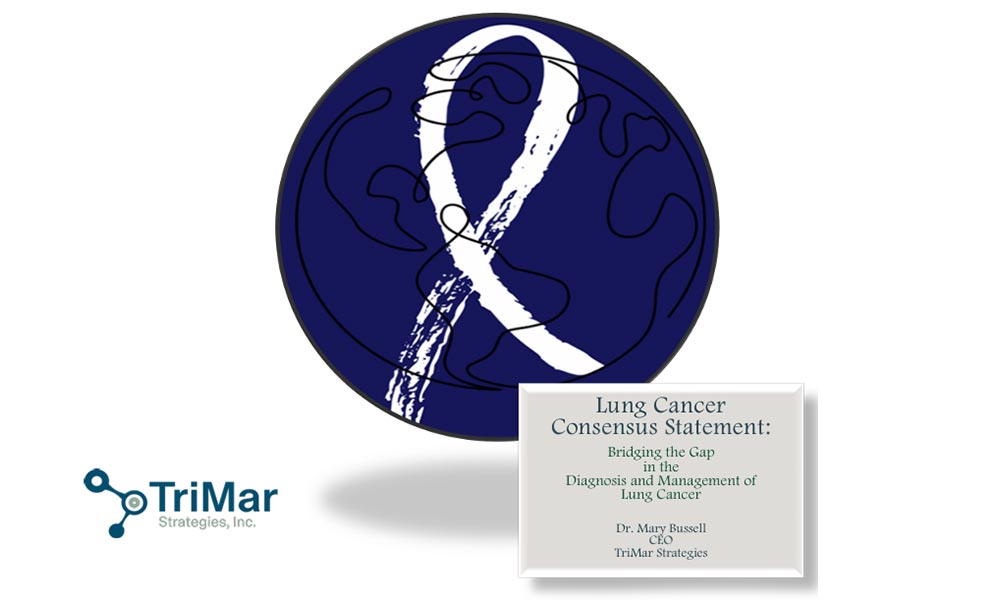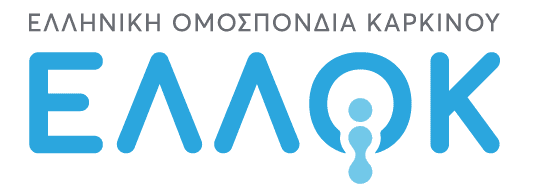Lung Cancer Consensus Statement

Lung Cancer Consensus Statement
Bridging the Gap in the Diagnosis and Management of Lung Cancer
As health professionals committed to addressing the needs of people at-risk for and living with lung cancer, we are united in ratifying Bridging the Gap in the Diagnosis and Management of Lung Cancer, the Consensus Statement first presented and ratified at the 9th International Lung Cancer Network in Athens in June 2023. It was presented at the 5th Emirates Oncology Society Conference in Dubai in October 2024 and the first IASLC Pan-Africa Conference on Lung Cancer in Accra in January 2025.
This Consensus Statement reinforces our commitment around the five unifying principles upon which all stakeholders – health and public health professionals, Policy makers, government departments of health, finance, social services, and education, patients and patient organizations – can unite to create and strengthen policies to improve outcomes for people at-risk for and living with lung cancer worldwide.
1. Improve and expand prevention
• Enact all commitments within the WHO Framework Convention on Tobacco Control (FCTC) in all countries worldwide.
• Improve awareness of primary prevention and encourage healthy behaviors including elimination of tobacco products and reduction of environmental air pollution.
2. Focus on early detection
• Initiate national screening programs targeting at-risk populations where not already in place.
• Enhance outreach to underserved, hard-to-reach, and marginalized populations.
• Ensure awareness of lung cancer is improved and ensure that the needs of never smokers are not overlooked.
• Improve exploration and understanding of unique genetic differences in lung cancer to ensure that opportunities for improved screening and early detection are equitably available, appropriately targeted and used to improve detection and prognosis.
3. Ensure equitable and sustainable access to treatment
• Improve collaboration between stakeholders to ensure timely and financially sustainable access and availability of treatments.
• Reduce time between market authorization and access to therapies.
• Ensure lung cancer clinical guidelines are adopted and regularly updated to reflect the latest in care.
• Improve ease with which people can navigate their health systems.
• Integrate technological innovations to support needs of people living with cancer and health professionals.
• Promote digital literacy skills.
• Strengthen digital infrastructure to safeguard equitable access in the most remote areas at costs that are not prohibitive for either individuals or health systems.
4. Build partnerships and promote investment
• Build alliances to improve awareness, access, and action to ensure lung cancer is prioritized.
• Strengthen health system resilience to ensure screening, early detection, and treatments are available in an equitable, timely, and financially sustainable way.
5. Combat stigma, recognizing it as a social determinant of public health
• Openly address unconscious bias throughout society and the health care community.
• Improve awareness that lung cancer is not a death sentence by improving knowledge.
Lung cancer touches all of us because anyone with a lung can get lung cancer.
There is neither time nor room for complacency.
Ratified by
Faculty & Attendees of the 9th International Lung Cancer Network, Athens, 23-25 June 2023
Presented at
5th Emirates Oncology Society Conference, Dubai, 4-6 October 2024
1st IASLC Pan-Africa Conference on Lung Cancer, Accra, 31 January – 1 February 2025
78th World Health Assembly, Roundtable, Geneva, 20 May 2025
25th IASLC World Conference on Lung Cancer, Barcelona, 6-9 September 2025
80th United Nations General Assembly, New York, 22 September 2025
